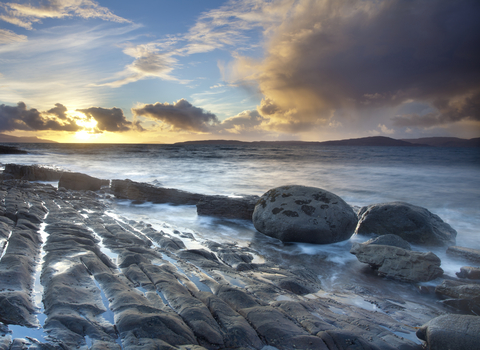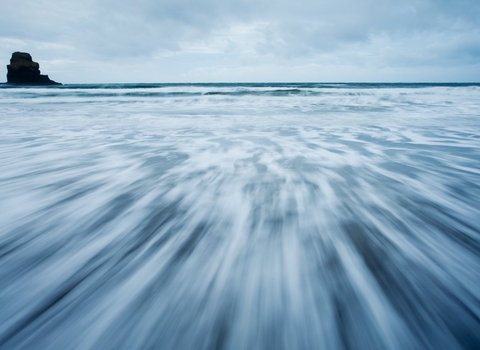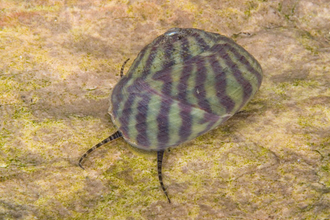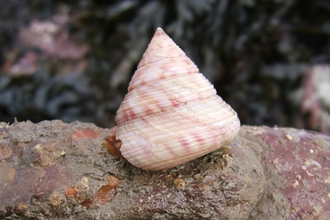Thick topshell ©Nigel Phillips
Thick topshells ©Nigel Phillips
Thick topshell
The thick topshell is a common sight on rocky shores in Wales and South West England.
Scientific name
Phorcus lineatusWhen to see
January to DecemberSpecies information
Category
Statistics
Height: Up to 3cmConservation status
Common




